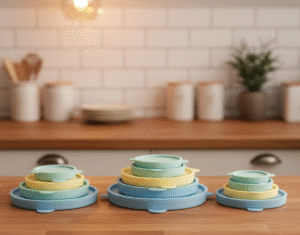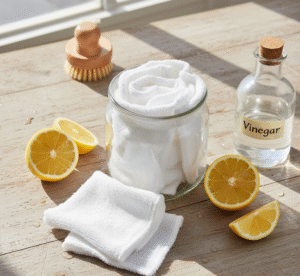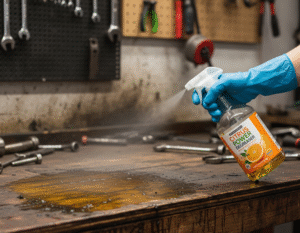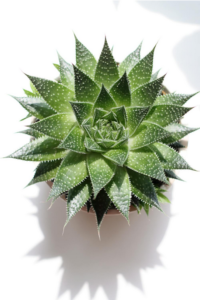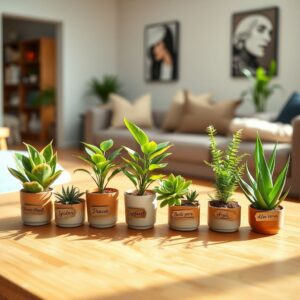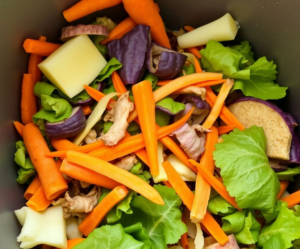Why People Keep Reaching for Plant Based Cleaning Sprays
The funny thing about switching cleaners is that nobody wakes up thinking, yep, today’s the day I overhaul my whole house. It usually happens after some small moment, like wiping a countertop and noticing that weird chemical tickle in your throat. A lot of folks drift toward a plant based cleaning spray because they got tired of that feeling, or honestly just didn’t want their kitchen smelling like a plastic factory anymore.

That Quiet Worry People Don’t Say Out Loud
Most people won’t admit it, but there’s this tiny worry in the back of your head about what all these harsh cleaners actually leave behind. Especially if you have pets wandering around or kids who touch literally everything. You don’t have to be a chemist to feel unsure about a bottle with a paragraph of words you cant even pronounce.
There have been official programs nudging people toward safer stuff, and some brands try to meet standards like the EPA’s Safer Choice list, which at least gives you something to hang your hat on. Still, most people just go by feel. If the room smells less like a bus station and more like a place you might actually want to exist in, that’s kind of the deciding factor.
How These Sprays Actually Work (In a Normal Person Way)
Plant based cleaning sprays usually rely on things like surfactants pulled from coconuts, or enzymes that break down gunk without that heavy industrial bite. When you read about limonene in citrus oils or vinegar-based formulas, it’s easy to think it’s all a bit too simple, but if you’ve ever cleaned with a mix of lemon oil and water, you know it cuts through grease way better than it should. There’s even some useful breakdowns, like this calm little explainer on natural surfactants at Healthline, that clears up a lot without drowning you in jargon.

Real Talk About What They Don’t Do Well
Now, some folks get a bit let down because these sprays don’t blast through every kind of stain. Grease that’s basically glued to your stovetop might need a bit of muscle. Same with old soap scum in bathrooms. A plant based cleaning spray can handle daily messes, but it won’t magically erase three months of “I’ll get to it later.” And that’s fine, but it surprises people the first time.
I once saw someone online say they kept a second bottle of something stronger hidden in the laundry room because their partner wanted a natural home but life is life, and honestly, that vibe is probably more common than companies wanna admit.
So Why Do People Keep Using Them Anyway?
There’s this shift that happens when your home stops smelling sharp and synthetic. The air feels lighter somehow, and it’s one of those things you only notice after you’ve lived with it a bit. A lot of people say they clean more often because the smell isn’t so harsh. You don’t get that urge to hold your breath or leave the room for a minute.
And weirdly, once you’ve used something gentle that still works, going back to the neon-colored stuff feels kinda rough, like you’re doing something unnecessary.
A Quick Way to Pick a Good One Without Overthinking It
You don’t need a spreadsheet for this. Just check the ingredients to make sure it’s not full of fillers, see if it’s got a simple surfactant base, and look for brands that at least try to be transparent. Sites like the EWG’s cleaner database offer quick grades, even though you don’t have to treat them like gospel.

If You Wanna Try Making Your Own
A lot of people do a half DIY thing. Nothing too wild. Vinegar, water, a little lemon or orange peel soaked in a jar for a week, maybe a tiny bit of castile soap. There are nice, chill walkthroughs like this one from The Spruce on homemade all purpose cleaner, and most of them work surprisingly well for daily wipe downs.
Just remember that DIY cleaners and stone countertops aren’t best friends, so go easy there. I learned that the hard way and my counter still has a faint weird patch that bugs me whenever the light hits it right.
The Part That Sneaks Up On You
When you switch to a plant based cleaning spray, you’re not just swapping bottles. You end up cleaning a bit calmer, your home smells less like a storage closet, and you notice you’re not rushing through chores anymore. There’s no big dramatic transformation or anything like that, it just sorta settles into your routines. And before you realize it, you’re reaching for it every day without even thinking about it.
If your place has been feeling a little heavy or stale or chemical-ish, it might be worth giving these sprays a try. Worst case, you get a nicer-smelling kitchen. Best case, you find something that just feels better to live with.
